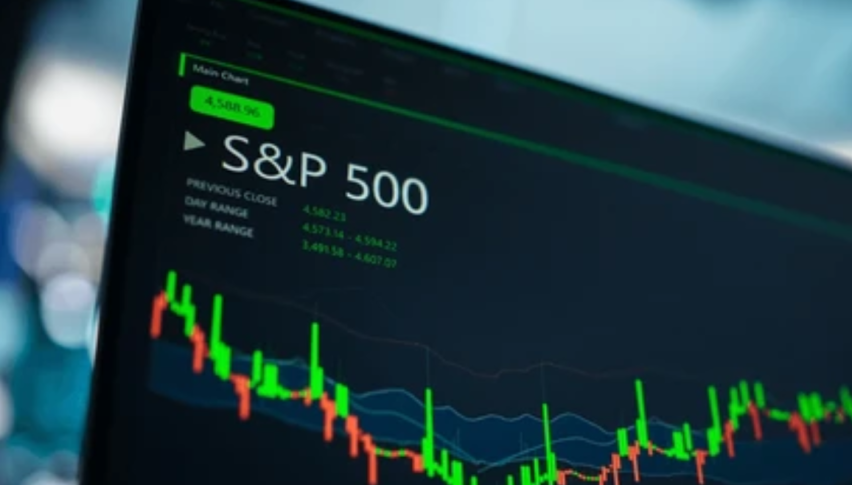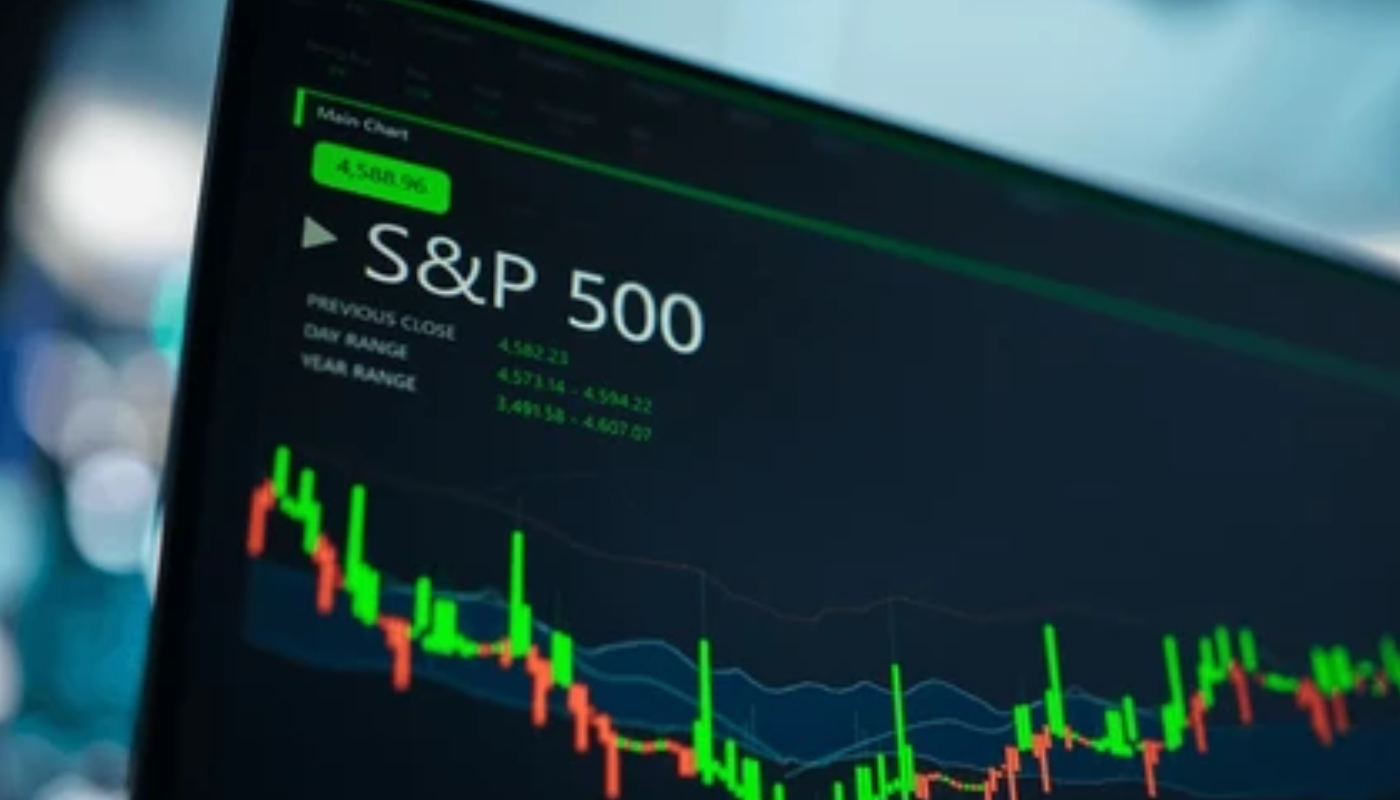Wall Street Drops Up to 2.2% Amid Falling Consumer Confidence
The S&P Global preliminary composite PMI for the U.S., which tracks both manufacturing and services activity, fell to 50.4 in February.

Wall Street extended its losses on Friday, February 21, as a series of weaker-than-expected reports fueled concerns about the economy.

This followed Thursday’s decline, driven by persistent inflation worries and a sharp drop in Walmart shares.
In response, the Dow Jones Industrial Average fell 1.7% to 43,428.02 points, the S&P 500 dropped 1.7% to 6,013.13 points, and the Nasdaq Composite plunged 2.2% to 19,524.01 points.
Weak Services Data and Declining Consumer Confidence
The S&P Global preliminary composite PMI for the U.S., which tracks both manufacturing and services activity, fell to 50.4 in February, down from 52.7 in January. Meanwhile, the services PMI dropped to 49.7 from 52.9, signaling contraction.
Additionally, the University of Michigan consumer sentiment index showed further deterioration, declining to 64.7 from 71.1, missing the forecast of 64.8.
Earnings Season Wraps Up
Rivian Automotive Inc. sank 4.9% after the EV maker projected lower deliveries for next year, overshadowing its stronger-than-expected Q4 earnings. Despite the drop, some analysts remained optimistic about Rivian’s upcoming launch of the R2, a fully electric mid-size SUV.
Block Inc. plummeted nearly 18% after its Q4 results missed expectations, reflecting increasing competition in the payments sector.
Nu Holdings Ltd., one of the world’s largest digital banks, suffered a 19% plunge, marking its worst single-day loss since May 2022, after reporting disappointing Q4 earnings.
Other Major Stock Moves
UnitedHealth Group shares fell 8% following a Wall Street Journal report that the Department of Justice (DOJ) has launched a civil fraud investigation into the company’s Medicare billing practices. UnitedHealth dismissed the report as “misinformation,” emphasizing that government audits of Medicare plans are routine.
AI’s Impact on Market Reactions—Fed Vice Chair Weighs In
Federal Reserve Vice Chair Philip Jefferson noted that artificial intelligence (AI) is accelerating investor reactions to key statements from central bankers and policy announcements. However, he cautioned that it remains unclear whether this increased speed is enhancing or hindering the effective transmission of monetary policy.
Speaking on Friday, Jefferson clarified that while AI has not yet changed how policymakers communicate, research suggests it is influencing how quickly policy-related information is priced into financial markets.
- Check out our free forex signals
- Follow the top economic events on FX Leaders economic calendar
- Trade better, discover more Forex Trading Strategies
- Open a FREE Trading Account